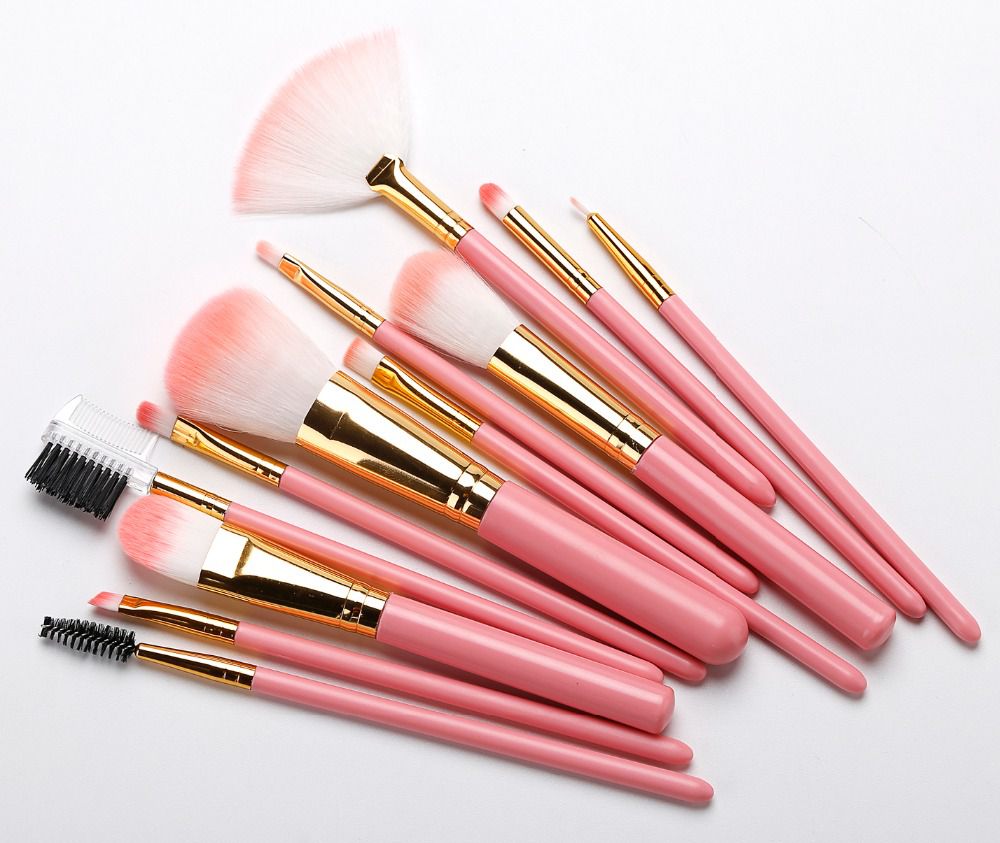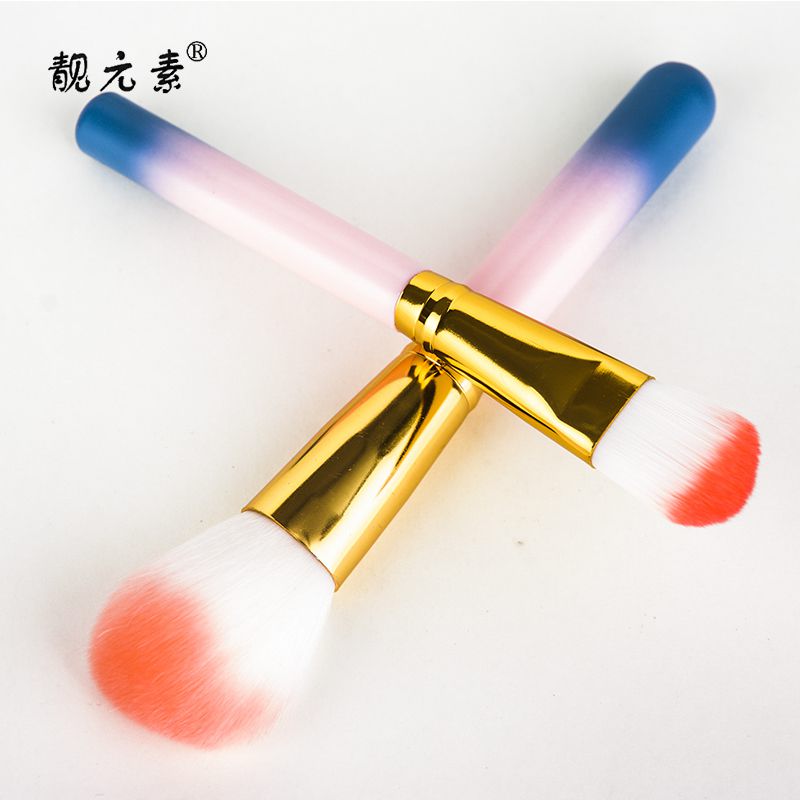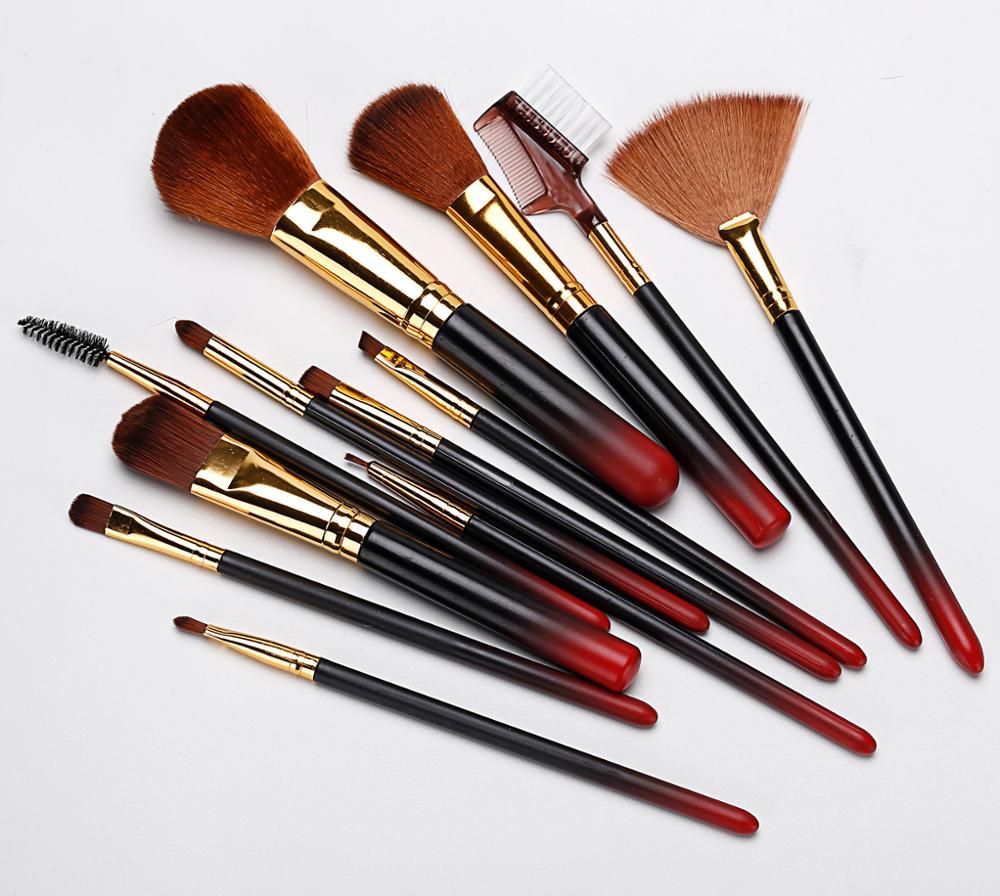Industry news
Turkey’s Bristle Exports to Russia Grow: Frost-Resistant Fibers for Cold Climates
- 594 Views
- 2025-11-20 01:31:11
Turkey’s Bristle Exports to Russia Grow: Frost-Resistant Fibers for Cold Climates
In recent years, Turkey has emerged as a key player in Russia’s bristle market, with exports of specialized filaments surging by 35% in 2023 compared to 2022, according to industry reports. This growth is largely fueled by the rising demand for frost-resistant fibers tailored to Russia’s harsh cold climates, where temperatures often plummet below -20°C in winter. As Russian consumers and industries seek durable, cold-resistant brush materials, Turkey’s technical advancements in bristle production are filling a critical market gap.
The driving force behind this export boom lies in Russia’s unique climatic challenges. Traditional brush filaments, especially those made from standard nylon or natural hog bristle, tend to harden, crack, or lose elasticity in extreme cold—rendering them ineffective for applications ranging from cosmetics to industrial cleaning. For instance, a makeup brush with rigid bristles in sub-zero temperatures can damage skin or fail to blend products smoothly, while industrial brushes used in cold-storage facilities may snap under pressure. This created a demand for filaments that maintain flexibility and durability even in freezing conditions.

Turkish manufacturers responded by innovating frost-resistant fiber technology. Key advancements include the development of a dual-layered coating: an inner core of high-tensile nylon 6.6, known for its strength, and an outer layer of silicone-based polymer treated with cryoprotective additives. This combination ensures the fibers remain supple at -30°C, reducing brittleness by 40% compared to conventional filaments, according to lab tests by Istanbul-based textile research firm TextileTech Labs. Additionally, a proprietary “micro-crimp” structure enhances heat retention, preventing rapid temperature loss when exposed to cold air—critical for maintaining user comfort during application.
Beyond technical superiority, geopolitical and trade factors have accelerated this trend. Since 2022, Russia has sought to diversify its supply chains away from Western markets, turning to regional partners like Turkey. Turkey’s strategic location, with shorter shipping routes to Russia (average transit time of 7–10 days via Black Sea ports, vs. 30+ days from East Asia), has also reduced logistics costs by 15–20%. Meanwhile, Turkish export incentives, such as tax breaks for non-oil exports to Russia, have further boosted competitiveness.

Industry experts predict the growth will continue. “Russia’s beauty market is expanding at 8% annually, and 65% of consumers prioritize product durability in winter,” notes Elena Kuznetsova, senior analyst at Moscow-based market research firm BeautyInsight. “Turkey’s frost-resistant bristles are now used in 30% of Russia’s mid-to-premium makeup brush brands, up from 12% in 2021.” Looking ahead, applications may expand beyond cosmetics into industrial sectors like automotive (cold-weather painting brushes) and agriculture (frost-resistant crop dusting tools), opening new revenue streams.

In conclusion, Turkey’s rise as a top bristle supplier to Russia underscores how technical innovation can align with market needs to drive trade growth. As cold climate challenges persist, and with both nations deepening economic ties, frost-resistant fibers are set to remain a cornerstone of Turkey-Russia bristle trade.











